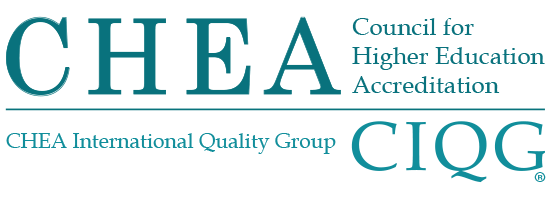CROSS-BORDER ACTIVITIES
More people are getting higher education from foreign suppliers, and at the same time, there is a growing need for quality assurance of services. The new Guidelines for Quality Assurance in Cross-Border Higher Education, jointly developed by UNESCO and the OECD, address this need.
Cross-border higher education has grown significantly over the past two decades, thanks to increased mobility of students and faculty, as well as new ways of delivering knowledge, such as online learning. These events open up new opportunities for people and societies, but at the same time, they raise questions about quality, reliability, and recognition of such education.
In response to this, the UNESCO/OECD guidelines call on governments and other stakeholders, including higher education institutions, student organizations, and organizations responsible for quality assurance, accreditation, academic and professional recognition, to take action based on the three main principles:
- Mutual trust and respect between countries and recognition of the importance of international cooperation in higher education;
- Recognition of the importance of national authority and the diversity of higher education systems;
- Recognition of the importance of higher education as a means of expressing the linguistic and cultural diversity of the country, as well as for promoting its economic development and social cohesion.
The guide is designed to help students gain easy access to reliable information about higher education offered outside of their home country or by foreign providers in their home country. It calls on Governments and other stakeholders to make qualifications more transparent and to provide greater clarity in the procedures for their recognition at the international level.
This is the first time that UNESCO and the OECD have collaborated in developing guidelines in this way. Although they are not binding, their endorsement by two international organizations of more than 190 countries gives them considerable strength.
Specific recommendations include:
- Inviting national governments to establish comprehensive quality assurance and accreditation systems for cross-border higher education, recognizing that this applies to both sending and receiving countries;
- Inviting higher education institutions and educational service providers to ensure that the programs they implement across borders and in their home country are of comparable quality and that they also take into account the cultural and linguistic characteristics of the host country;
- Inviting student organizations to participate as active partners at the international, national and institutional levels in the development, monitoring and maintenance of the quality of cross-border higher education.


 Ministry of Science and Higher Education of the Republic of Kazakhstan
Ministry of Science and Higher Education of the Republic of Kazakhstan 


 Ministry of Education and Science of the Kyrgyz Republic
Ministry of Education and Science of the Kyrgyz Republic




